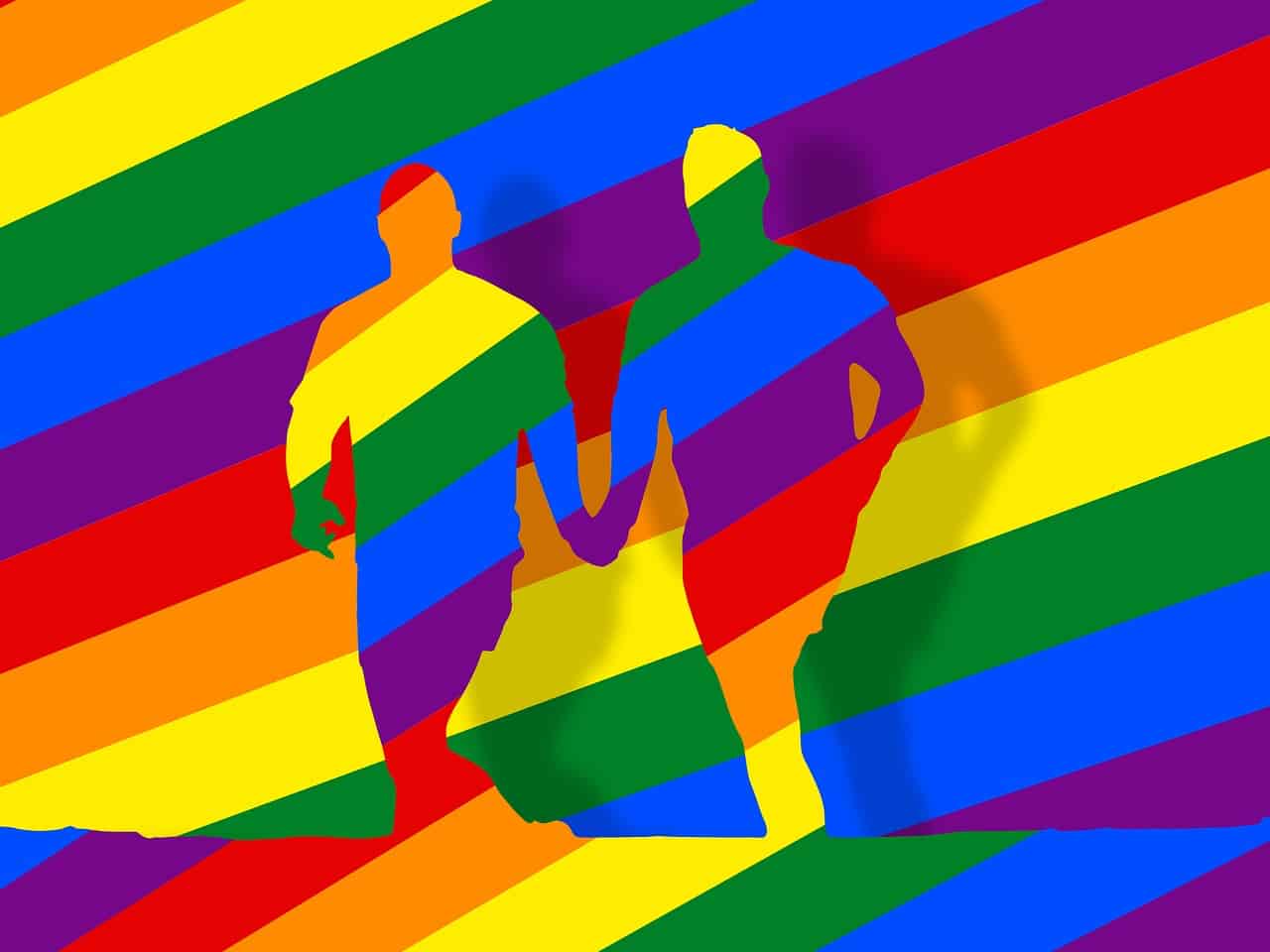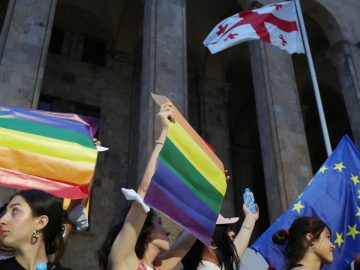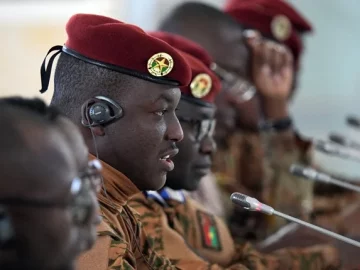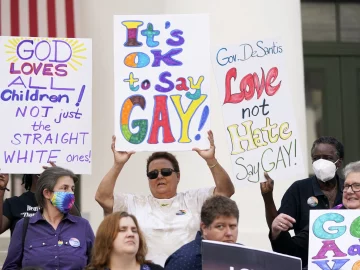Safeguarding the Rights of LGBT+ Students in sports is an important and relevant topic in modern society. In recent years, many efforts have been made to guarantee equal opportunities for all students, irrespective of their gender identity or sexual orientation. However, despite these efforts, LGBT+ students continue to face discrimination and barriers in the sporting sector.
Inclusion in sports: rights and protection of LGBT+ students
One of the key aspects of safeguarding the Rights of LGBT+ Students in sport is ensuring their right to compete on an equal basis with other students. Certain countries and states have enacted laws that prevent transgender students from joining sports teams that align with their gender identity. These laws have sparked considerable controversy and criticism from human rights activists, who argue that such measures are discriminatory and infringe upon basic human rights. An example of a progressive approach to solving this problem is the policy put forward by the Biden administration in the United States. The new rule, set to take effect in August 2024, aims to expand the civil rights of LGBT+ students under Title IX, which bans sex discrimination in educational institutions.The rule includes broadening the definition of sexual harassment nd providing additional protections for victims, as well as safeguarding the Rights of LGBT+ Students to participate in sporting events on an equal basis with other students.
But the new rule faces substantial legal hurdles from more than 20 Republican-controlled states. They have filed at least seven lawsuits against the new policy, arguing that it undermines the existing opportunities for women and girls created by Title IX over the past 50 years. Attorneys general in those states argue that the new rule creates opportunities for transgender girls to participate in girls’ sports teams, which they say is unfair.
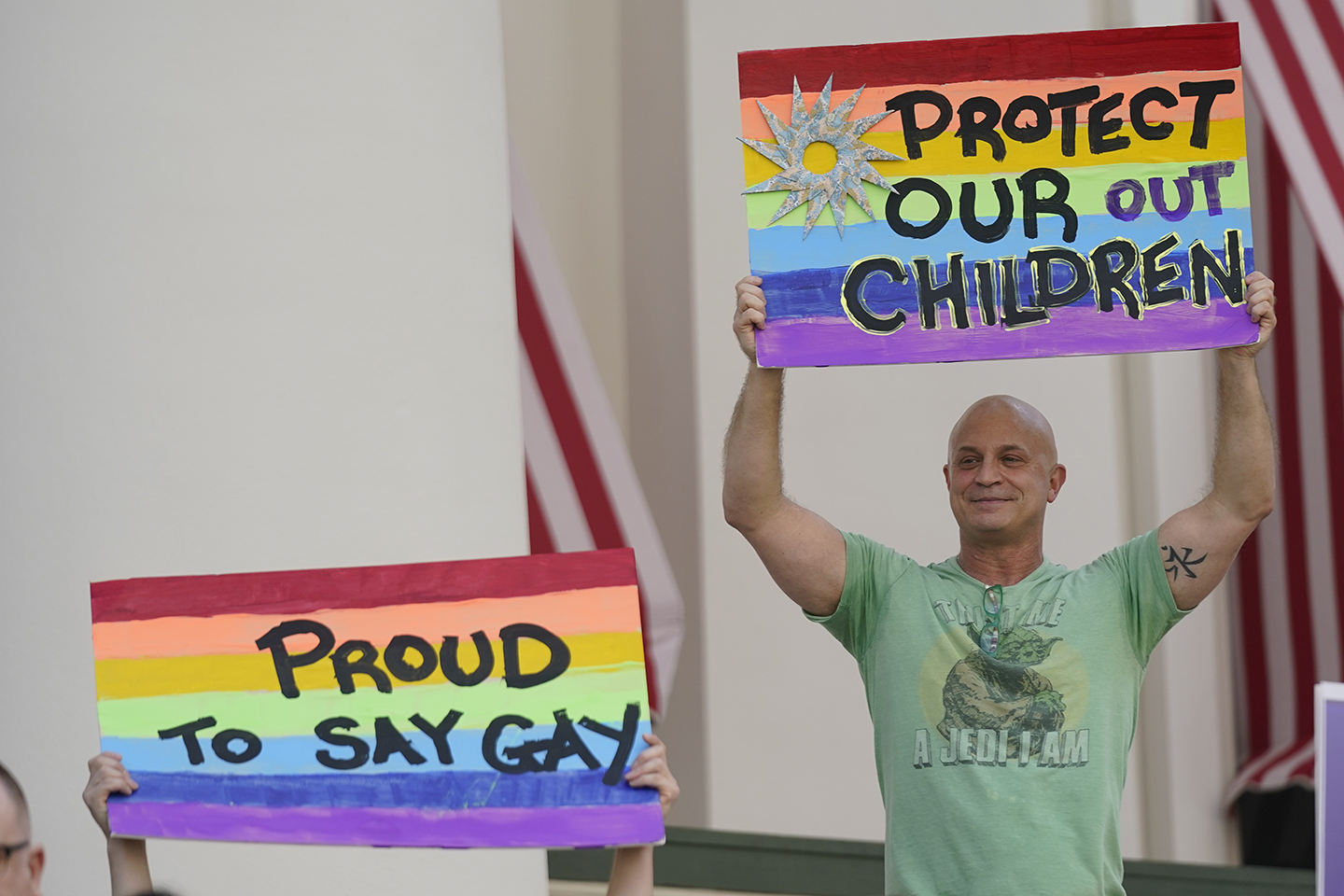
Despite these legal battles, safeguarding the Rights of LGBT+ Students in sport remains a priority for human rights activists and progressive politicians. They insist that each student, regardless of gender identity, should be able to participate in sporting activities without fear of discrimination or bias. This not only promotes an inclusive and equitable environment, but also helps LGBT+ students feel accepted and supported in their educational institutions.
Breaking Barriers: The Contribution of LGBT+ Athletes to Modern Sport
In the world of sports, there are many famous athletes who have openly declared their belonging to the LGBT+ community. Their bravery and resolve not only aids in breaking stereotypes, but also opens doors for future generations.
One of the most famous LGBT+ athletes is Billie Jean King, a legendary tennis player who came out as gay in 1981. King, winner of 39 Grand Slam titles, is a symbol of the fight for equality in sport. She actively promoted the rights of women and LGBT+ communities, founding the Women’s Tennis Association (WTA) and the National Women’s Soccer League (NWFL).
Another outstanding athlete is Greg Louganis, a four-time Olympic champion in diving. In 1995, he publicly announced his homosexuality and HIV diagnosis, which caused great resonance in the sports community. Louganis continues to actively fight for the rights of LGBT+ people, speaking at various forums and conferences.
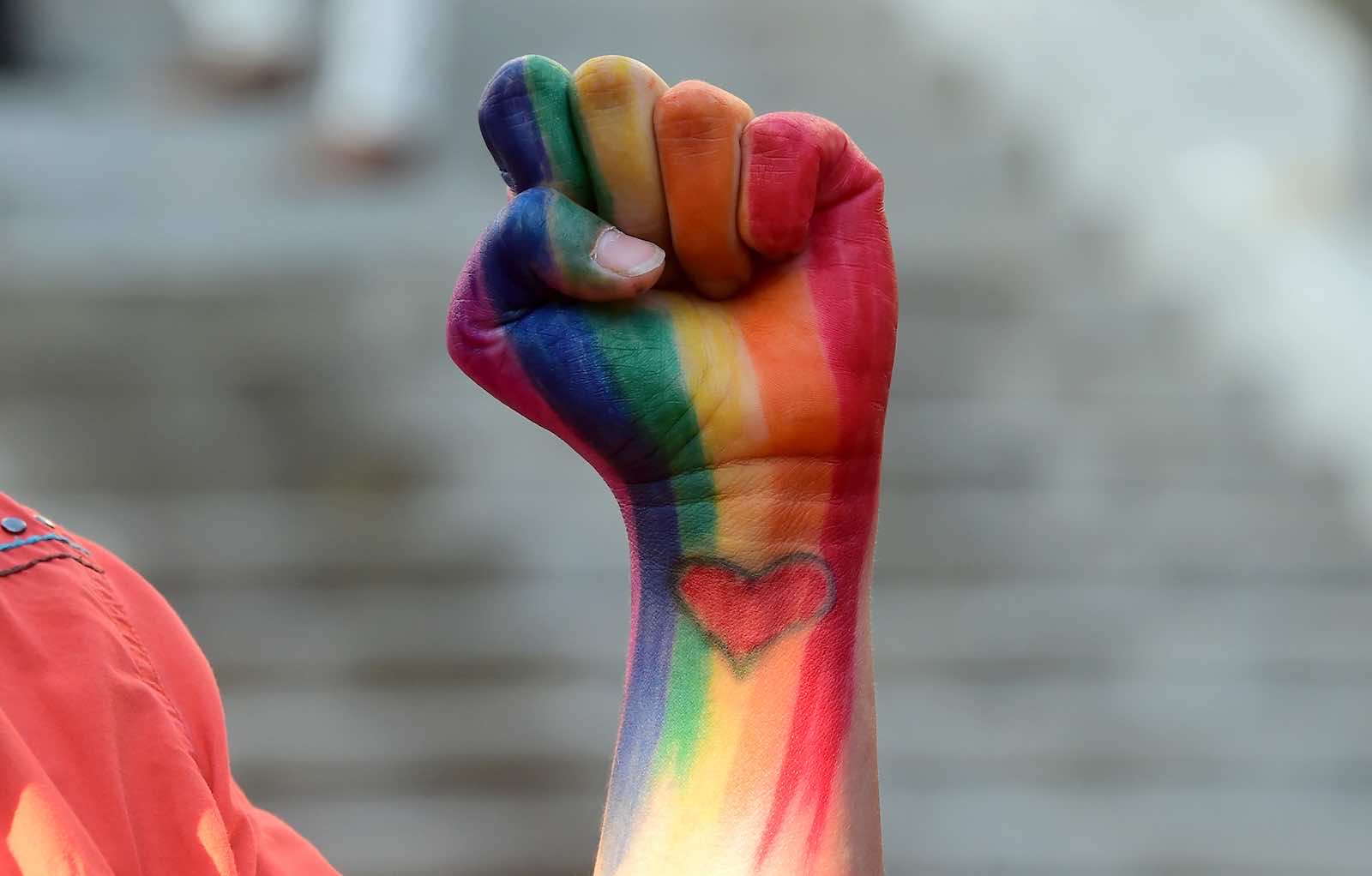
Megan Rapinoe, captain of the US women’s soccer team, has also come out as gay. She is one of the most influential figures in modern sports, not only for her athletic achievements, but also for her active stance in the fight for equality. Rapinoe actively advocates for the rights of women and LGBT+ people, as well as against racial discrimination.
Another notable athlete is Gus Kenworthy, an Olympic freestyle skier who came out as gay in 2015. His recognition has inspired many young athletes to accept their identity. Kenworthy continues to be active in LGBT+ events and promotes inclusivity in sport.
These athletes, and many others who are openly LGBT+, play an important role in breaking down barriers and stereotypes. Their courage and determination serve as an inspiration to millions of people around the world, demonstrating that sport can be inclusive and equitable for all.

